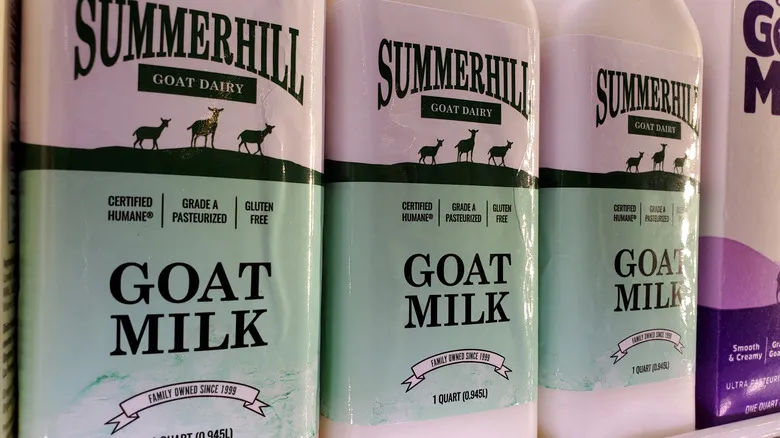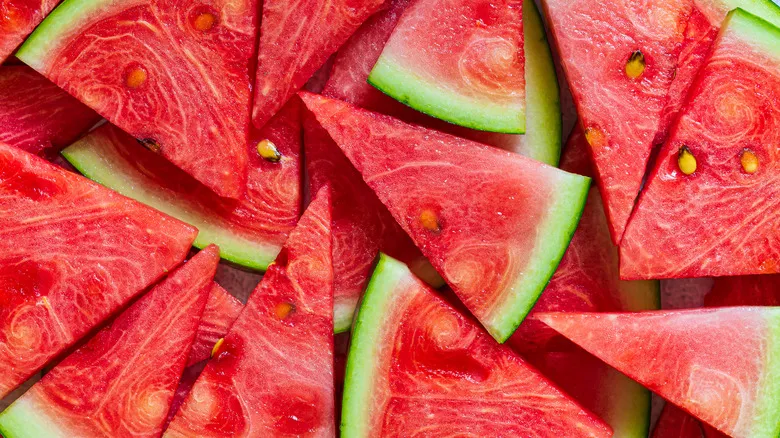Pros and cons of fresh vs store-bought goat milk

Goat milk has a naturally sweet flavor and contains approximately 4.5 grams of lactose—a natural sugar found in milk—per 100 milliliters. This is quite similar to cow's milk, which has about 5 grams of lactose in the same volume. Goat milk is known for its mild, clean taste, with a slightly earthier profile compared to cow's milk. Typically, it lacks a strong aftertaste, although this can vary based on whether the milk is fresh or purchased from a store.
In the past, before the advent of store-bought milk, milkmen delivered fresh milk, but that practice has largely faded away. As a result, we primarily depend on processed goat milk today. However, this type of goat milk often has a more pronounced flavor due to the heat treatment involved in pasteurization. While pasteurization extends the milk's shelf life, eliminates harmful bacteria, and can introduce subtle caramel or vanilla flavors, it can significantly alter the fresh, natural taste of the milk. The distinct "goaty" flavor of processed goat milk is largely due to pasteurization, which enhances the milk's natural fatty acids, such as capric, caprylic, and caproic.
How to make the most out of goat milk

Goat milk serves as an excellent substitute for cow's milk and may even provide additional benefits for heart health and digestion. This is attributed to its smaller fat globules, which facilitate easier digestion (according to Small Ruminant Research).
Moreover, goat milk can often be used in place of other milk varieties, making it versatile for numerous recipes—particularly those that don’t require cooking. Whether you're whipping up a creamy ranch dressing, using goat milk as the foundation for a pumpkin spice iced latte, or incorporating it into your piña colada, it’s a fantastic choice.
However, if you are lactose intolerant, you might want to steer clear of goat milk. While it has lower lactose levels than cow's milk, it still contains enough to potentially cause bloating. Lastly, goat milk is not just limited to culinary uses; it also makes a wonderful addition to skin lotions.
Recommended

The Scientific Concept That Helped Alton Brown Become A Better Cook

11 Genius Lemon Hacks To Naturally Clean Your Kitchen

14 Storage Tips For Longer-Lasting Watermelon

Parchment Paper Is Key For Perfectly Organized Kitchen Drawers
Next up

